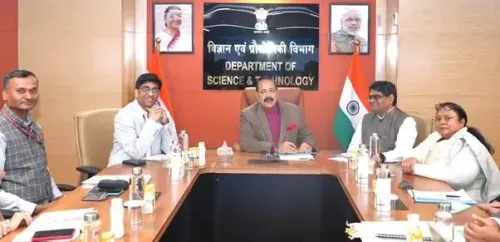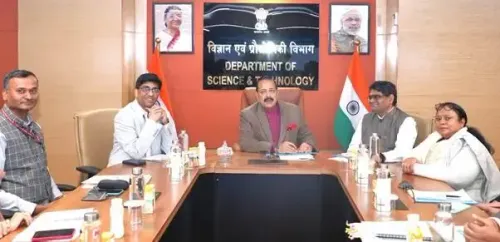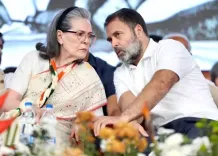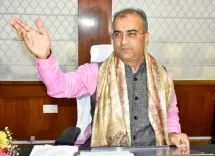Is South Korea Investing $191 Million in Next-Gen Battery Technologies?
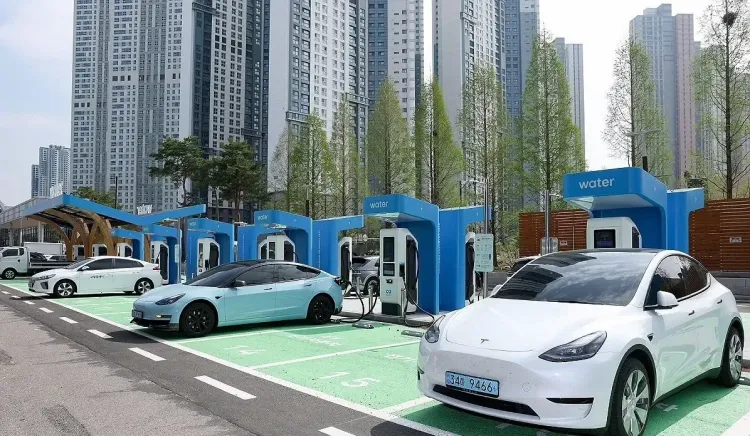
Synopsis
Key Takeaways
- Investment Amount: 280 billion won ($191 million) over four years.
- Focus Technologies: All-solid-state, lithium metal, and lithium sulfur batteries.
- Global Leadership: Aimed at securing South Korea's position in the battery industry.
- Support Measures: Assistance for commercialization and development of new battery materials.
- Reducing Reliance: Efforts to lessen dependence on China for critical minerals.
Seoul, Nov 28 (NationPress) The South Korean government has announced an investment of 280 billion won ($191 million) over the upcoming four years to advance next-generation battery technologies, including all-solid-state, lithium metal, and lithium sulfur batteries. This initiative aims to enhance the competitiveness of local firms as they face heightened global competition, according to the industry ministry on Friday.
This investment strategy, intended to secure a global leadership position for the nation's secondary battery industry, was revealed during the recent national advanced industry committee meeting led by Prime Minister Kim Min-seok, as reported by Yonhap news agency.
The Ministry of Trade, Industry and Resources stated that this plan is designed to bolster the competitiveness of the secondary battery sector, which plays a crucial role in achieving carbon neutrality and supporting the future mobility industry, despite facing significant challenges like the global electric vehicle (EV) gap and China's growing influence in this area.
The government will first establish a 10-year roadmap focused on promoting industry transition through technological innovation rather than merely competing on price. This roadmap aims to enhance the local industrial ecosystem by concentrating on battery materials and ensuring that production stays within South Korea by increasing demand for EVs and energy storage solutions.
Moreover, the government plans to implement support initiatives to assist companies in commercializing next-gen battery materials and developing new standardized batteries that outperform lithium iron phosphate (LFP) batteries.
Additionally, efforts will be made to lessen South Korea's heavy reliance on China for essential materials and critical minerals necessary for secondary battery production while simultaneously increasing battery demand.
To achieve this goal, the Seoul government will identify foreign nations suitable for cooperation on critical minerals and develop tailored strategies for each country. A fund of 100 billion won will be allocated to stabilize the supply chain, along with the expansion of low-interest loan programs for companies that invest in critical minerals.
To stimulate battery demand, the government will enhance subsidies for EVs and reduce individual consumption and acquisition taxes. Furthermore, it will explore new battery demands from sectors like defense, robotics, and shipping, while designating additional special industrial complexes for rechargeable battery manufacturers, defense firms, and robotics companies, according to the ministry.


